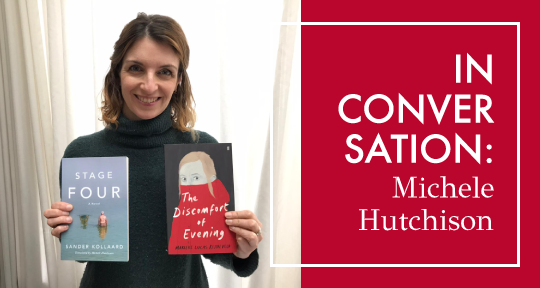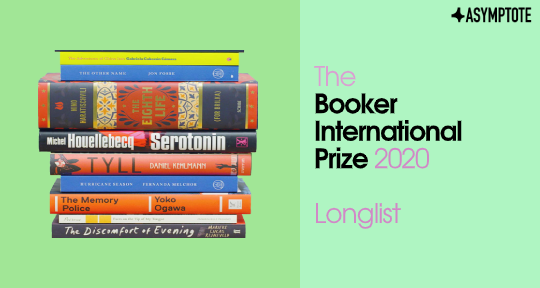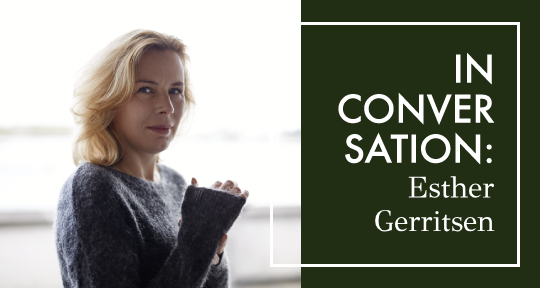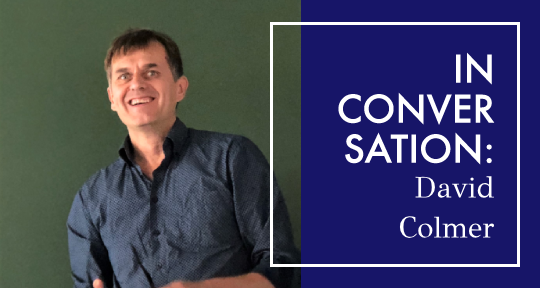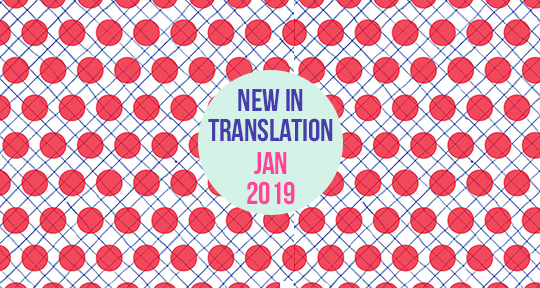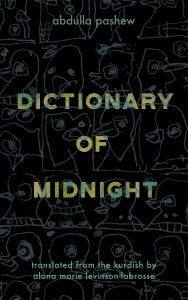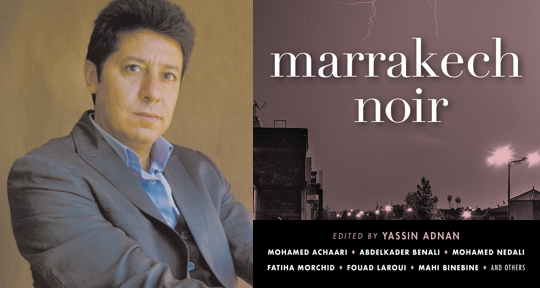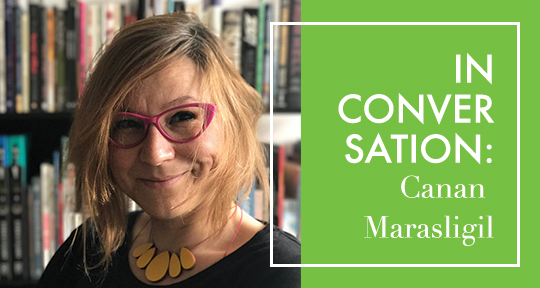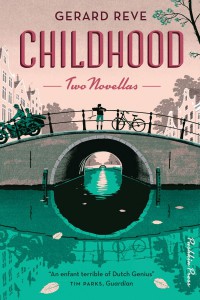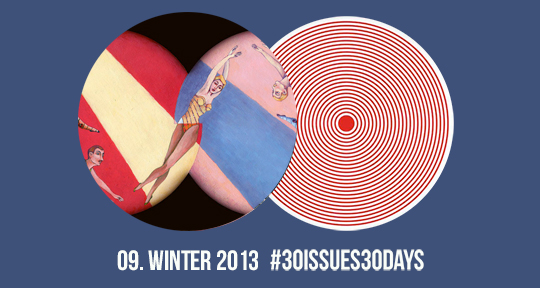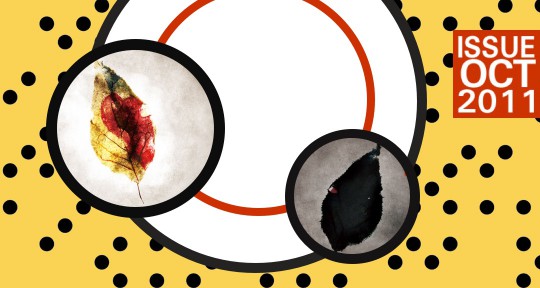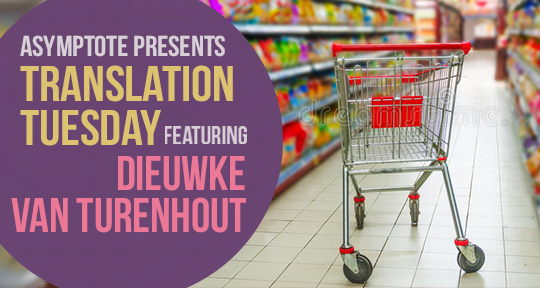Michele Hutchison recently quipped on Twitter that she posts annual reminders on social media about the correct spelling of her name because “no one ever gets it right.” Yet, for the talented Dutch to English translator, 2020 is already shaping up to be the year that this all changes. In recent weeks, Hutchison was awarded the prestigious Vondel Prize for her “sure-footed, propulsive” translation of Sander Kollaard’s Stage Four, and her translation of Marieke Lucas Rijneveld’s explosive debut novel, The Discomfort of Evening, was longlisted for the 2020 International Booker Prize. Amsterdam-based Hutchison has translated over thirty-five books, co-written a book on the benefits of Dutch-style parenting, and is an active and generous member of the European literary translation community. Several years ago, Michele also read and thoughtfully critiqued my own translations of Marieke Lucas Rijneveld’s poetry. Following the announcement of the International Booker longlist, I was eager to reignite our conversation on Rijneveld’s work, and learn more about her prize-winning translation of Kollaard’s extraordinary novel.
—Sarah Timmer Harvey, March 2020
Sarah Timmer Harvey (STH): Congratulations on winning the Vondel Prize for your translation of Stage Four. What does winning the prize mean to you?
Michele Hutchison (MH): Thanks! If you look at the translators who have won in the past, it sets me in very good company and it’s a great honour. I found it very hard to believe I’d actually won the prize because I’ve always felt insecure about my translations, and I fixate on the flaws; it’s impossible to get everything right. But I suppose every translator struggles with producing an imperfect product. Mind you, I’ve noticed that the leading male translators in my field have less trouble with that, and feel they deserve prizes for all their hard work, so perhaps it’s a female thing?
I co-wrote a non-fiction book (The Happiest Kids in the World) and I actually found that less stressful. I was able to let go of some of my perfectionism because I wasn’t about to mess up someone else’s book like with a translation. What I also think about prizes is that the choice of the winner depends on the mood of the jury on the day. It’s not like the best book always wins, or that there is even objectively a “best” book or translation. To be honest, my money was on the runner-up, David Doherty. I guess my writerly touch was probably what clinched it in the end, if anything! READ MORE…

